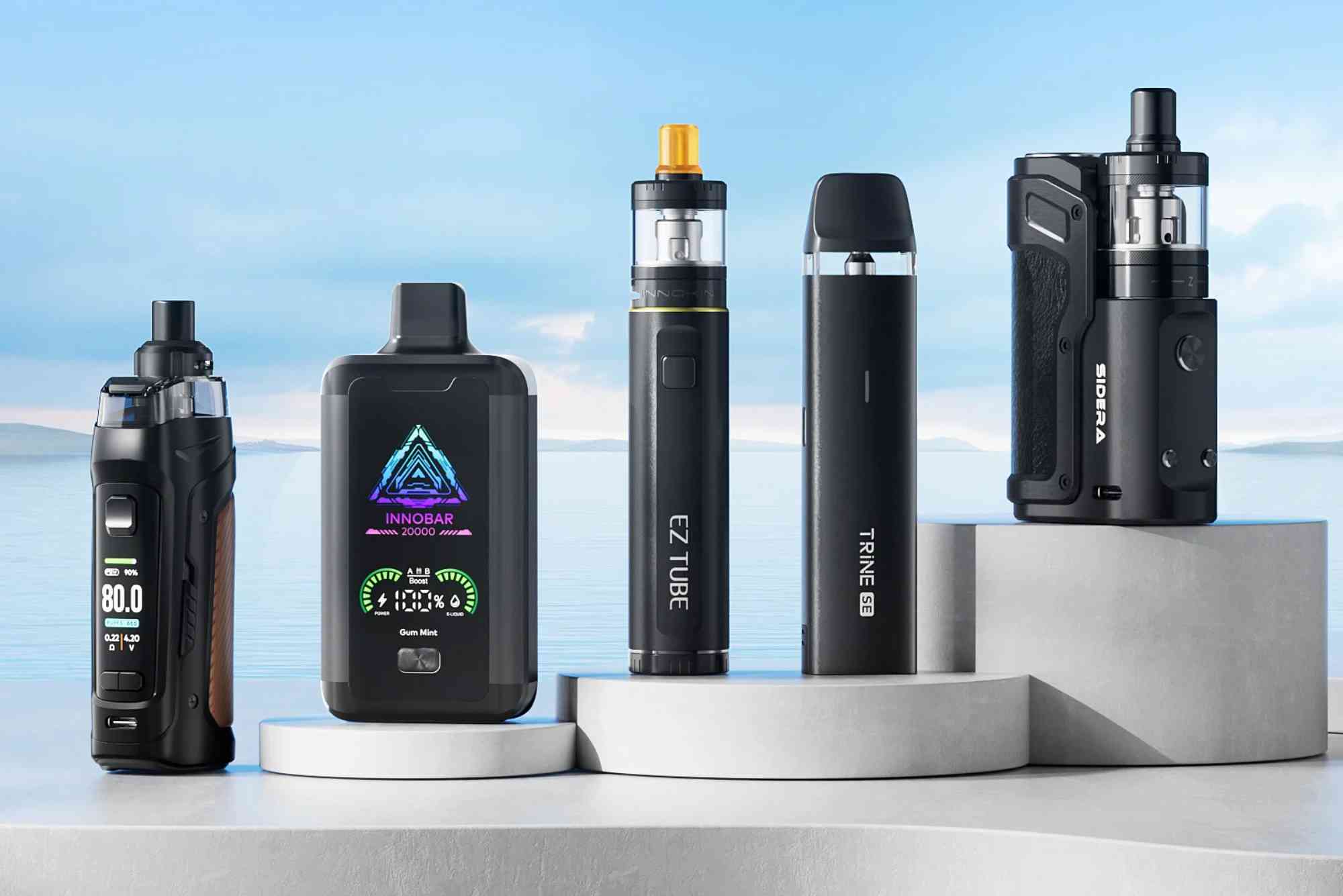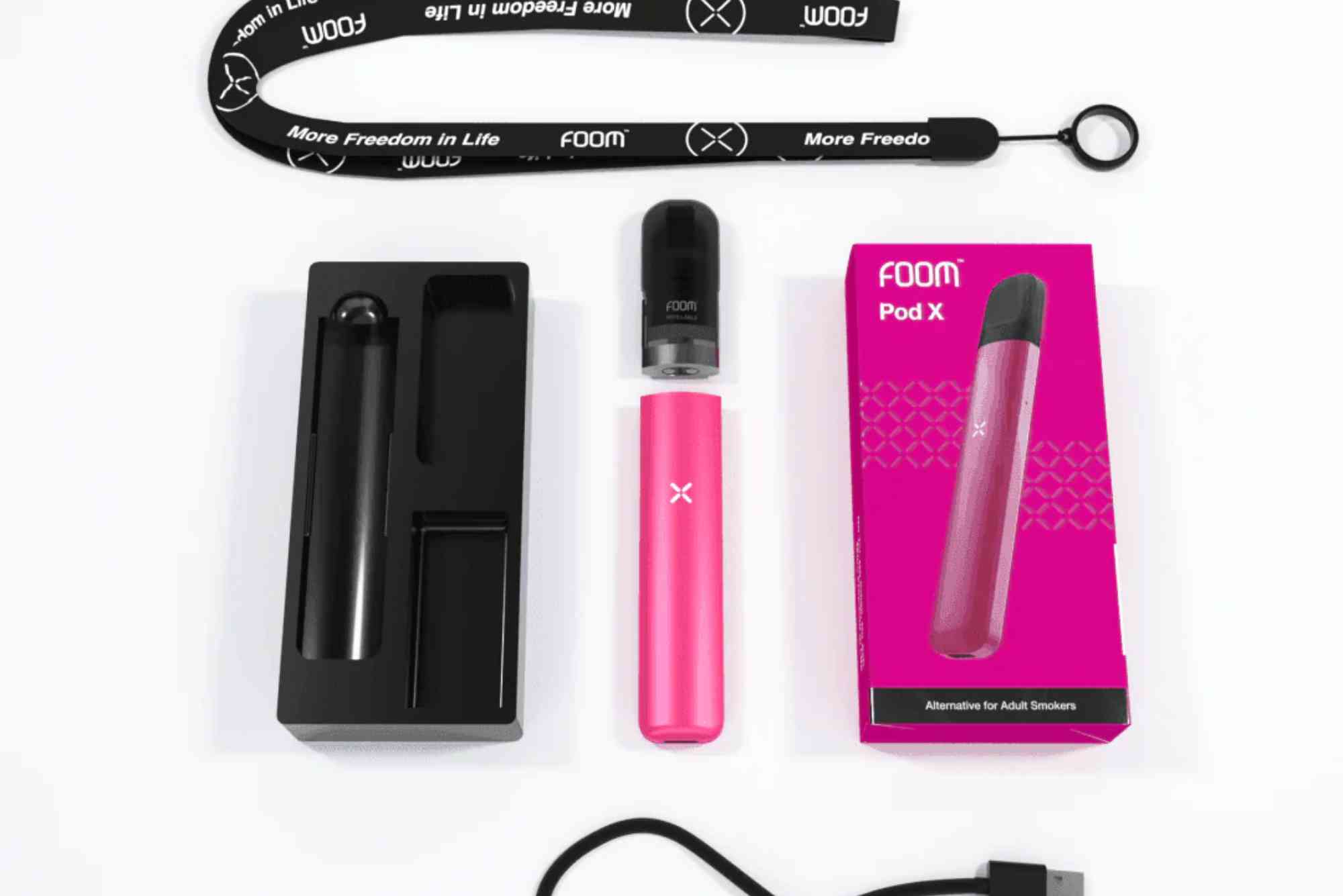Is Vaping Illegal in Washington and Vaping Health Risks: What Research Shows
Vaping has become one of the most debated topics in recent years. Many people wonder, is vaping illegal in Washington? The answer isn’t simple. Washington has strict rules on vaping, especially for young people, flavored products, and where you can vape. Alongside legality, it’s also important to understand the health risks of vaping based on the latest research. This article explains Washington’s vaping laws, health concerns, and what every vaper should know before making decisions.
Is Vaping Illegal in Washington? The Legal Landscape
Understanding Vaping Laws in Washington
Vaping is not completely illegal in Washington. Adults aged 21 and over can legally purchase and use e-cigarettes and vape products. However, the state has introduced multiple restrictions to protect public health.
Key Vaping Laws in Washington
- Age Restriction: You must be 21 or older to buy vape products.
- Flavored Vape Ban: Washington prohibits the sale of most flavored vaping products.
- Indoor Use Restrictions: Vaping is banned in public indoor spaces, workplaces, restaurants, and bars.
- Packaging & Labeling Rules: Vape products must meet strict labeling requirements for safety.
- Retail Licensing: Shops must be licensed to sell vape products.
These rules aim to reduce youth vaping and limit exposure to secondhand aerosol.
Can You Vape in Public in Washington?
Public vaping is highly restricted. You cannot vape in schools, government buildings, workplaces, restaurants, or bars. Some outdoor spaces also limit vaping, depending on local county rules. Always check posted signs before using a vape in public.
Why Washington Takes a Tough Stance on Vaping
Washington’s approach comes from growing concerns about youth addiction and long-term health effects. Reports from the Washington State Department of Health highlight an increase in teen vaping, despite declining cigarette use. By banning flavored vapes and restricting marketing, lawmakers hope to prevent a new generation from becoming addicted to nicotine.
Vaping Health Risks: What Research Shows
Short-Term Health Effects of Vaping
Research shows vaping can cause immediate changes in the body, even after short-term use:
- Irritation of the lungs and throat
- Increased heart rate and blood pressure
- Shortness of breath during physical activity
- Coughing or chest discomfort
While some consider vaping safer than smoking, these short-term risks should not be ignored.
Long-Term Health Effects of Vaping
Scientists are still studying long-term vaping impacts. However, early evidence suggests:
- Lung Damage: Cases of “popcorn lung” and other vape-related illnesses have been reported.
- Nicotine Addiction: E-cigarettes often contain high nicotine levels, leading to strong dependence.
- Heart Disease Risks: Regular vaping may increase the risk of heart attacks and stroke.
- Potential Cancer Risk: Certain chemicals in vape aerosol are linked to cancer.
Comparing Vaping to Smoking
Vaping may expose users to fewer toxins than cigarettes, but “safer” does not mean “safe.” Many experts warn that switching from smoking to vaping may reduce harm, but starting vaping as a non-smoker introduces serious health risks.
Research on Youth and Vaping in Washington
Why Teens Are at Higher Risk
Flavored e-liquids and sleek vape designs have attracted younger users. Research shows teenagers who vape are more likely to become addicted to nicotine and transition to smoking later in life.
Washington’s Response to Teen Vaping
The state has invested in education campaigns, prevention programs in schools, and stricter retail enforcement. Washington health officials also promote quitline services to help young people overcome nicotine addiction.
Common Misconceptions About Vaping
“Vaping Is Just Water Vapor”
False. Vape aerosol contains nicotine, heavy metals, and chemical flavorings, which can harm the lungs.
“It’s Safe if It’s Nicotine-Free”
Not entirely. Even nicotine-free vapes can contain harmful chemicals that irritate the lungs.
“Vaping Helps Everyone Quit Smoking”
For some smokers, vaping has reduced cigarette use. However, evidence is mixed, and many end up using both products instead of quitting completely.
Frequently Asked Questions (FAQs)
Is vaping illegal in Washington?
No, vaping is not fully illegal in Washington. However, you must be 21 or older, and flavored vapes are banned.
Can you vape indoors in Washington?
No. Vaping is prohibited in workplaces, restaurants, bars, and other indoor public spaces.
Are flavored vapes banned in Washington?
Yes. Most flavored vape products are banned, except for tobacco-flavored options.
What happens if you get caught vaping under 21 in Washington?
Minors caught vaping may face fines, product confiscation, or mandatory health education programs.
Is vaping safer than smoking?
Vaping may expose users to fewer harmful chemicals than cigarettes, but it still carries serious health risks.
How Vaping Laws in Washington Compare to Other States
Washington’s vape laws are stricter than in many states. Some states allow flavored vape sales, while Washington enforces one of the strongest bans. This reflects the state’s proactive stance on protecting public health.
What Vapers Should Keep in Mind
- Always check local laws before vaping in public.
- Avoid flavored vapes sold illegally, as they may contain unregulated chemicals.
- If you vape to quit smoking, consider professional cessation programs for long-term success.
- Be mindful of secondhand aerosol, especially around children and non-smokers.
Should You Vape in Washington?
So, is vaping illegal in Washington? The answer is no, but restrictions are strict. You must be 21 or older, avoid flavored products, and follow public vaping bans. While vaping is legal for adults, the health risks remain a serious concern. Research continues to show harmful effects, especially for young people.
If you’re considering vaping as an alternative to smoking, weigh the risks carefully. For those struggling with nicotine, healthier quit options exist. The best choice is to prioritize your long-term health and stay informed about Washington’s changing laws.
If you live in Washington and want to quit vaping or smoking, reach out to local health services for support. Staying informed helps you make better decisions for your health and community.




